Photographs capture a moment in time. They may be taken at an event, while on a trip, or to enjoy the memory of a moment. Perhaps your family members are together for a special dinner or to celebrate a holiday. A photo taken of the family can create a heart-warming memory. Many photos are taken of families at weddings or funerals. A photo taken of a huge family group documents the family's history. These photos should be passed down through the generations. Recording dates and names of people and the place the photo was taken at are an important part of preserving the photo for a future time.
You may have a favorite photo that has a story behind it. For instance, the above photo has a story behind it. It is my brother, my sister, and I with two puppies. Our dog, named Trixie, gave birth to a litter of puppies. My parents determined they would keep one of the puppies along with Trixie. The other puppies needed to find homes. I selected one of the puppies and claimed it as my own. It didn't really sink into my mind that all but one of the puppies would be given away. One day a man came by to look at the puppies. He decided he wanted the puppy that I had selected. He offered me a quarter for the puppy. I wanted the puppy not the quarter, but my parents had the final say. I was sad to give up the puppy even though I had a quarter. Looking back on this photo reminds me of how our family loved animals. Our pets were an important part of our lives.
Record the stories behind photographs of your family, and you will soon have a wonderful family history.



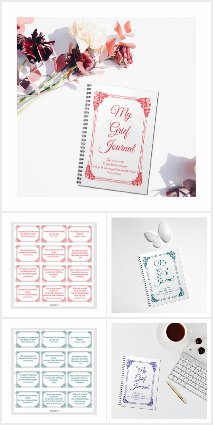

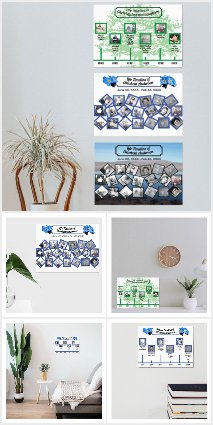

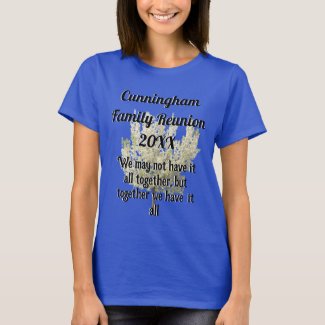
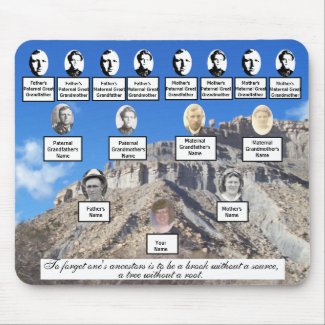
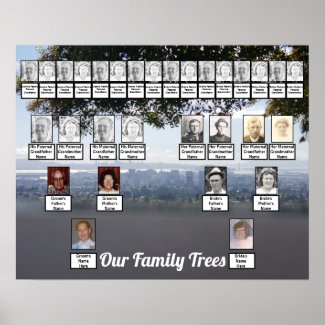



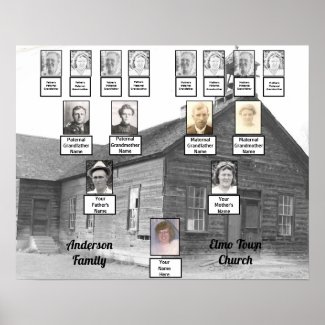

.png)